Irene Li and Mei Mei dumplings
Why this James Beard award winner wants you to buy dumplings at other restaurants, metallic Hal—the dumpling maker, her zero-waste cookbook, and more
Circa 2012, I arranged my work life around the Boston food truck schedules so I’d arrive before the lines were intimidatingly long. Each weekday, two or three different food trucks rolled into the Boston City Hall Plaza. Their offerings—contemporary interpretations of Vietnamese, Chinese, Mediterranean, and grilled cheese—were delicious and unusual for the time.
One of my favorites was Mei Mei’s “Double Awesome.” Imagine tucking into this: Two griddled, crispy scallion pancakes slathered with basil pesto, sandwiching two oozy poached eggs and melty cheese. Sometimes the perfectly runny pesto or egg would coat my hands, but I didn’t care. This was my comfort food.
Since then, I’ve routinely brought the Mei Mei experience home, pan searing various types of their dumplings—the cheddar potato scallion are one of my favorites—for family and friends.
I recently met one of the Mei Mei founders, Irene Li. She’s charismatic, well-spoken, and passionate about feeding the hungry and taking good care of her restaurant workers. She grew up in the Mei Mei business that she cofounded with her two older siblings Margaret and Andy, leaving college early to work on the food truck and later open their Boston restaurant. In 2022, she received a James Beard Foundation Leadership Award, and was the youngest recipient of the prestigious award.
During the pandemic, her brother and sister moved onto other ventures and Irene embraced two new business partners, Alyssa Lee and Annie Campbell. As Irene describes it, she wanted to be the “fun aunt and not the mom of the company,” so she’s the ambassador while her partners take care of operations. In a pandemic pivot, they shifted to selling dumplings at farmer’s markets around Massachusetts and Rhode Island and began planning for an expansion into retail stores. They closed their original restaurant and opened the combination Mei Mei dumpling factory, classroom, and café in South Boston.
To prepare for my interview with Irene, the staff photographer (husband) and I enjoyed lunch at the café:
Then we joined enthusiastic Irene for a factory tour. We learned these fun facts:
Hal can make lots of dumplings.
Mei Mei used to produce dumplings completely by hand, which is quite laborious. Now, Hal does some of the work. Hal is their dumpling machine from Taiwan and quite the expert at extruding dough and the fillings (more about those in a minute), and then forming half-circle dumplings. The crew folds each one by hand, crimping about 35,000 dumplings each week. It would appear (and taste) that nothing is lost due to Hal taking the lead in dumpling making.
If switched to maximum speed, Hal is said to be capable of producing 8,000 dumplings in an hour. This is the part of the tour when anyone over the age of 50 envisions Lucy overwhelmed by the chocolate factory conveyor belt’s speed. Mei Mei has not yet challenged Hal to be his most productive.
Once the dumplings are formed, they are heated in a large steam oven and then placed in a blast chiller that freezes them almost instantly so they retain their toothsome texture. From there, the dumplings are sealed in Mei Mei’s exuberantly colored packaging and placed in a large walk-in freezer. Now the dumplings are ready for a road trip to farmer's markets, specialty markets, hotels, golf clubs, ski resorts, and the sports and music venue TD Garden, the latter of which serves the cheeseburger dumplings.
Mei Mei’s signature is inventive dumpling flavors.
To my mind and palate, Mei Mei’s dumpling portfolio offers enticing and “fun” fillings: cheddar scallion potato, lemongrass pork, ginger chicken, curried sweet potato, cumin lamb, and five-spice tofu. Irene says the fillings are made with produce from the Northeast as much as possible (i.e., buy local) and contain organic chicken, pasture-raised pork, and certified humane beef.
Let the sun shine in to the facility.
The factory floor and staff room were designed so the crew members can enjoy natural light streaming through the café’s storefront. The facility is all electric, which was an adjustment for the café chefs used to cooking with gas. The café kitchen is compact, not much larger than their original kitchen on the truck.
Here’s my chat with Irene.
How did the Double Awesome sandwich come to be?
The lore is that my sister Margaret partied too hard one night, and she made herself breakfast on the truck. She just grabbed a bunch of stuff—the scallion pancake, eggs, green pesto, cheese—from the fridge and threw it all together. She said it was an awesome breakfast sandwich. And we said, "Well, it has two eggs, so it's double awesome!" The rest is history. It’s also the name of our first cookbook: Double Awesome Chinese Food.
What kind of food did you grow up with?
All kinds. We ate Chinese food at home, but we never knew it was Chinese food. We thought every family had a rice cooker always running on their kitchen counter. We also loved red sauce Italian food, Legal Seafood, Indian food….. so many different foods.
When you and your siblings started Mei Mei, were you working on the truck?
Yes, every day! It was total chaos, which I think we loved. I'm the baby sister by eight and nine years. We actually had not spent very much time all together as adults until we started Mei Mei.
One great thing about the food truck is there's no separation between front and back of house. Everybody's there together, and everybody can see the guests and interact with them. That's part of how we built a brand with so much personality. People felt they had a relationship with us and our family and our story.
You're a James Beard Leadership Award winner. You’ve called yourself “the fun aunt,” but you are the spokesperson for this business and led it for a while. You have 30-plus employees. What prepared you to do this?
Oh, I don't think anything prepares you for it! Maybe being so stubborn that I don't want to take direction from anyone else is how I ended up as the de facto boss.
I left college to start the business with my brother and sister and be with my family as my dad was aging. There was never really a plan.
I brought partners Annie and Alyssa on during the pandemic, and they had this energy that I just didn't have after carrying the business through COVID. I was exhausted. At that point, we had just paid off all our debt from opening the first version of the business. A huge part of me thought, "We just built this from the ground up. I can't do that again." Annie and Alyssa brought the energy for the next version of the business, which was critical.
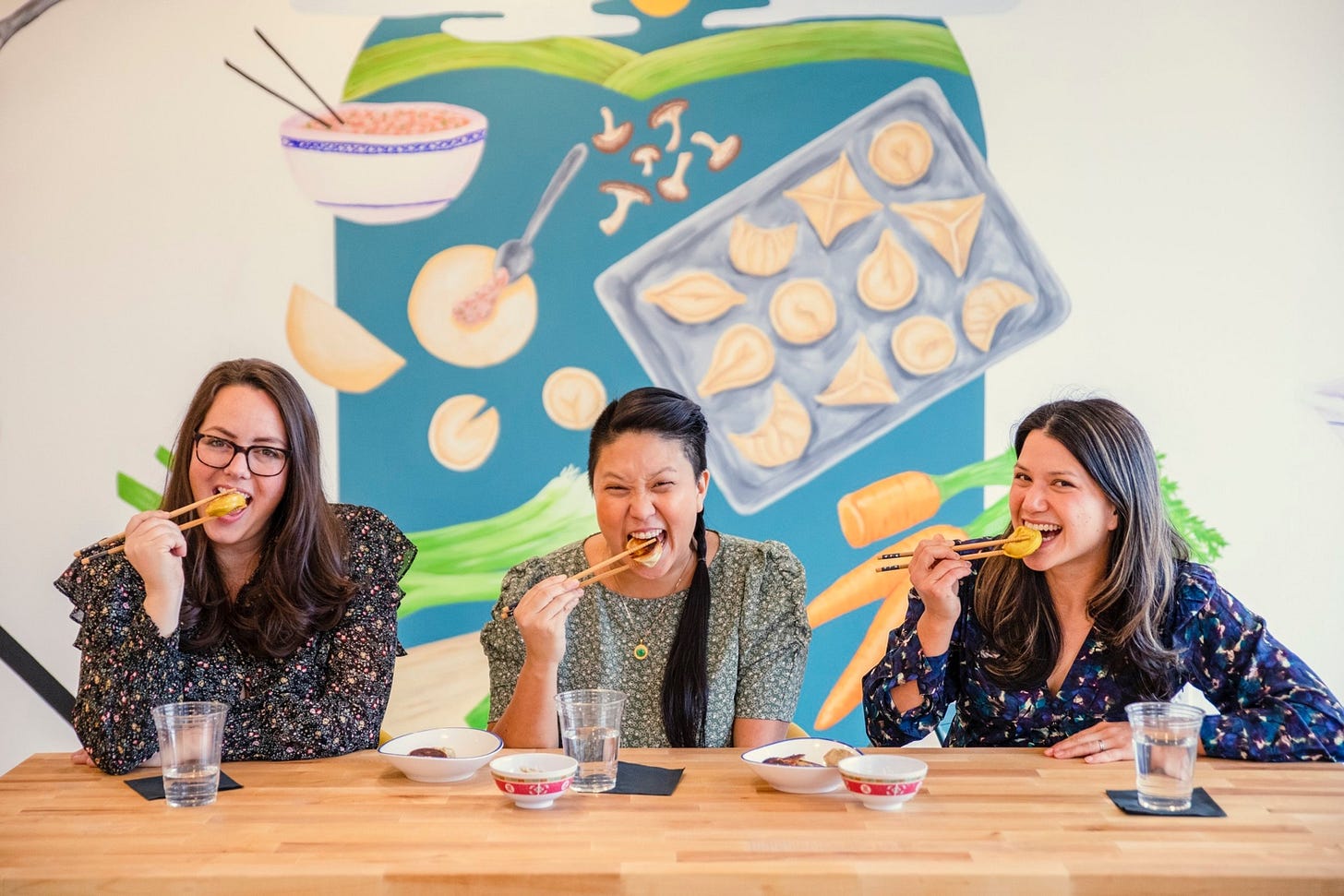
What are your superpowers?
I am driven by a sense of generosity.
Every May we promote our “Dumpling Disloyalty” program. We ask our customers to go to eight other AAPI [Asian American Pacific Islander]-owned businesses during that month and order dumplings, and we reward them with free dumplings and exclusive merch.
Wait. You’re saying that you encourage your customers to dine at what might be competing restaurants?!
We want people to eat more dumplings no matter where they come from. We want to be known for our community-mindedness, and specifically for helping elevate all of us in the community and not just some of us.
For the first year of this program, I think we had 89 people participate and send us copies of all their receipts. They discovered lots of new businesses they had never been to before.
They're still coming to Mei Mei and buying our dumplings, but they're also thinking bigger picture about the impact of their dollars and supporting other small businesses.
Getting back to your question, my other superpower is my sense of righteousness, which is probably also my greatest weakness. My mom's middle name, Yi, is actually righteousness in Chinese because that is the second Confucian virtue, and she is the second of her parents' children.
How does your sense of righteousness manifest itself?
Through our work in the antihunger and food justice space. [Irene cofounded Project Restore Us, which delivered food to families in need during the pandemic; she also serves on the boards of Haley House, Lovin Spoonfuls, and Project Bread.]
How did the book you cowrote with your sister Margaret, Perfectly Good Food, about zero-waste cooking, come about?
Being the children and grandchildren of immigrants, we were raised to not waste anything. My sister has always had this superpower where she can go into anyone's kitchen and even if they say there's nothing to eat, she can make dinner happen. She will rescue or repurpose food that they thought was done for this world.
Also, as we learned how to conduct ourselves in a professional kitchen, we were able to bring more of those tools to bear in our friends' home kitchens. [Restaurant cooks learn to be frugal and minimize food waste in clever ways.] The book is our way of merging those two and encouraging a sense of fun and experimentation around food.
Zero-waste cooking can sometimes be a little humorless, so we approached it with a sense of playfulness that we hope resonates with people.
What's your favorite food scrap or leftover?
Our favorite leftover is congee, which is Chinese-style rice porridge. You can take a small amount of rice and turn it into [multiple servings] of congee, and it's a great use for bones [to add to the congee while it simmers, boosting the flavor].
Will there be another cookbook?
Yes. The working title is Make Way for Dumplings. It’s about making dumplings from scratch, and it will include dumpling dishes. You've probably seen the viral New York Times Dumpling Tomato Salad and Dumpling Smashed Cucumber Salad. We will include recipes that feature dumplings as an ingredient.
During the pandemic, I took one of the online Mei Mei classes taught by one of your colleagues so I could learn how to make hand-pulled noodles. Do you also know how to make them?
I do, but I'm definitely the worst among us at making them! We continue teaching those classes here. [It’s really fun and I highly recommend taking one of their classes!] We also teach a simplified version of that recipe in partnership with King Arthur. [The recipe for Biang Biang Noodles is here.]
What have you learned since you started Mei Mei?
When we first started the business, I wanted to be the best at everything. But sometimes you have to pick your lane.
About five or six years into running Mei Mei, I stopped thinking about how we can be the best restaurant in Boston and shifted to thinking about how we can be one of the best restaurant workplaces in Boston. That drove a lot of our choices around how we grow the business, the kind of information we share with people, and the kind of staff education we do.
Your dumplings have creative fillings, so I imagine you do some experimentation. Tell me about a food experiment that didn’t go well.
In our Perfectly Good Food cookbook, we encourage repurposing ingredients by adding them to smoothies. You know how you buy that big bag of baby spinach with every intention of making raw spinach salads, but you never do? Well, just put it in the freezer and reach into that bag whenever it's smoothie time.
The other day, I had some sad [wilted] arugula in the fridge, and I thought, "Well, if you do it with spinach, I guess you could probably do it with arugula." But the smoothie came out tasting very distinctly of spicy arugula! Lesson learned. I consumed the evidence of an experiment gone bad and moved on with my life [she smiles].
How do you spend your days?
My day job is consulting for other food service businesses in partnership with the City of Boston, City of Cambridge, and the state.
Our firm is called Prepshift. We work with food service businesses of all sizes. A lot of the work we do is subsidized either in part or fully by third-party funding. For example, you probably know Rubato, this incredible Hong Kong-style café in Quincy, MA. Through a program at the state level, we work with Lawrence, the owner, and his team, and teach them management best practices, how to launch a catering and private events program, and how to understand their financials and track progress through financial performance.
We get to hang out with great chefs and support them with their businesses. They pay us, and the state reimburses them. We also do a lot of work with the city of Boston. For example, they're running a program right now called Re-FRESH, which is aimed specifically at food and dining businesses.
In the first cohort of Re-FRESH, 65 businesses were selected to receive small grants and technical assistance. As one of the primary technical assistance providers, Prepshift did workshops and one-on-one coaching to support those businesses, and we continue working with some of them.
This work has given me the chance to leverage all the challenges and learning I acquired and support more small businesses through that.
Do you think if there hadn't been a pandemic, perversely, you wouldn't be as successful as you are today?
It depends how you define success. COVID was a huge detour and diversion from my plans, but I think I'm enjoying the journey now more than I would have otherwise.
From a strictly financial perspective, I don't know that we've been successful yet, but we're on our way there. It's funny to run a business like this that is, in some ways, 12 years old, and in some ways, one and a half years old. [The dumpling factory and commercializing the dumplings is the newer part of the business]. Our challenges are developmentally appropriate, and I have to remind Annie and Alyssa, and to a lesser extent, myself, of that a lot.
Describe your most memorable meal.
I went to the LongHouse event that Molly O’Neill organized in upstate New York in 2015. She convened a bunch of people at this estate. Jonathan Gold was there. Other guests included Kian Lam Kho [cooking instructor and cookbook author] who wrote Phoenix Claws and Jade Trees, and Lucas Sin, the chef of Junzi Kitchen.
It was the first trip I had ever been on with the person who is now my husband. We had the best time! We both remember wrapping chickens in clay in the pouring rain. I made a big salad. Everything turned out great.
Where to find Irene and Mei Mei
58 Old Colony Ave, Boston
Dumpling locator
meimeidumplings.com
@meimeidumplings
facebook.com/meimeidumpling
@ireneshiangli
If you liked this story…
Show your appreciation by clicking the like heart button below—I’d love to know you enjoyed it.
Forward this to a friend and encourage them to subscribe.
See more than 60 stories about art and food at palateandpalette.substack.com.
Let it be known. :-)
I’m a freelance writer and editor. I produce feature articles, translate complex content about healthcare and technical topics into user-friendly language for presentations and websites, proofread book manuscripts, and write engaging biographies. I accept projects of all sizes and welcome you to contact me if you need assistance.






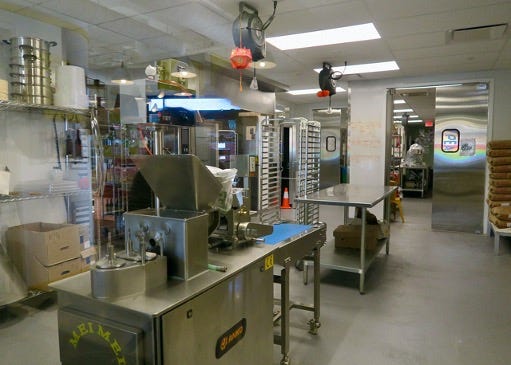
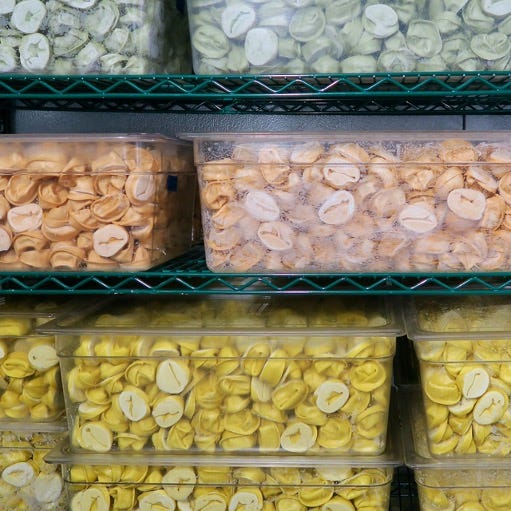
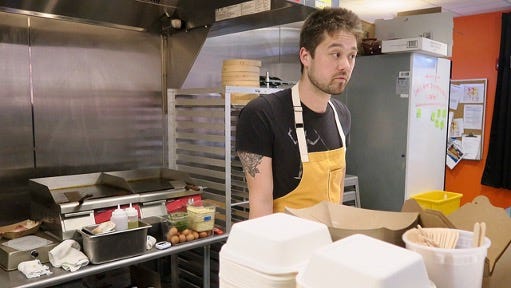
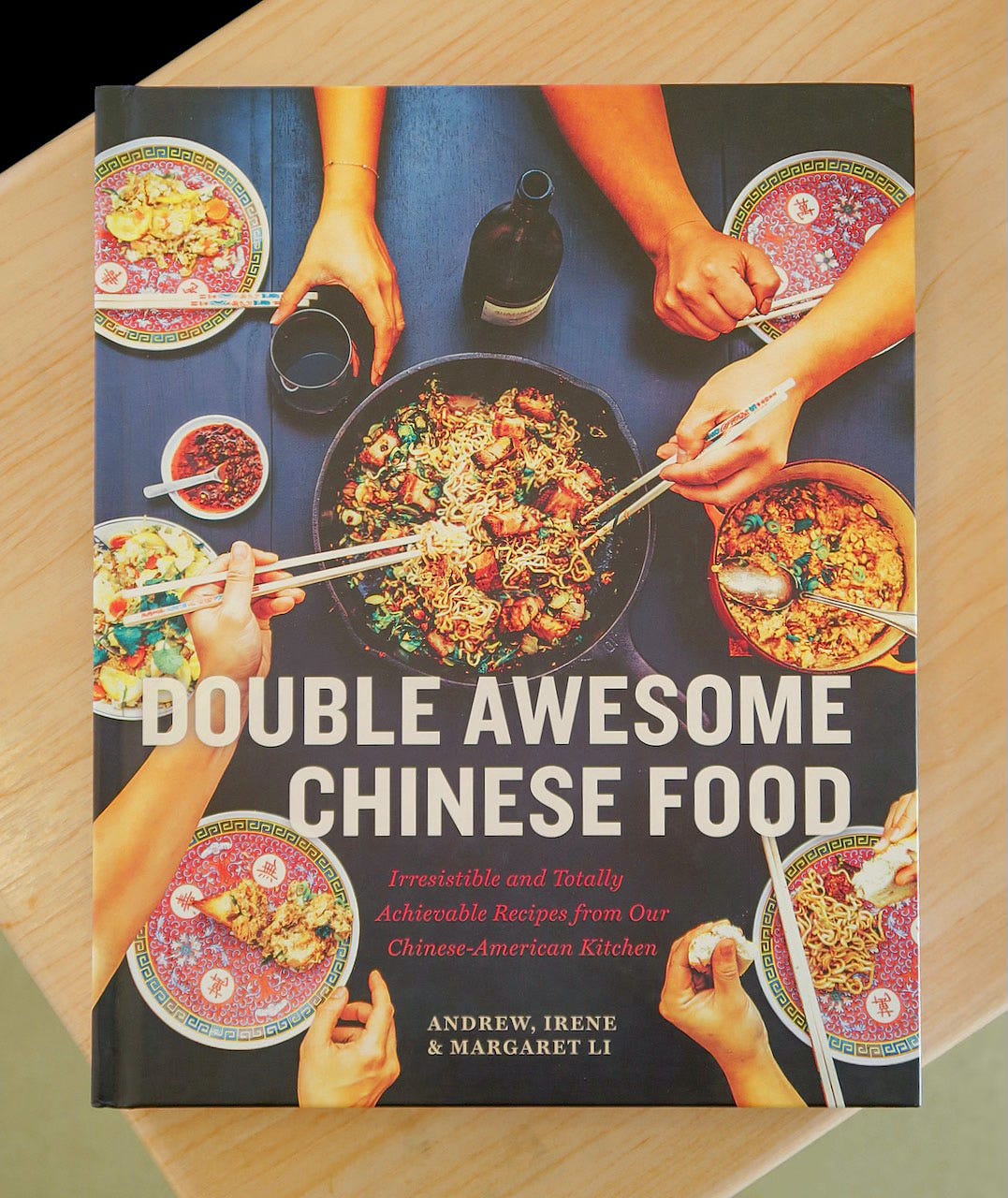
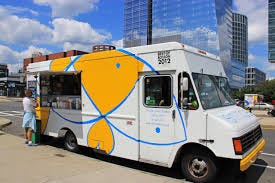


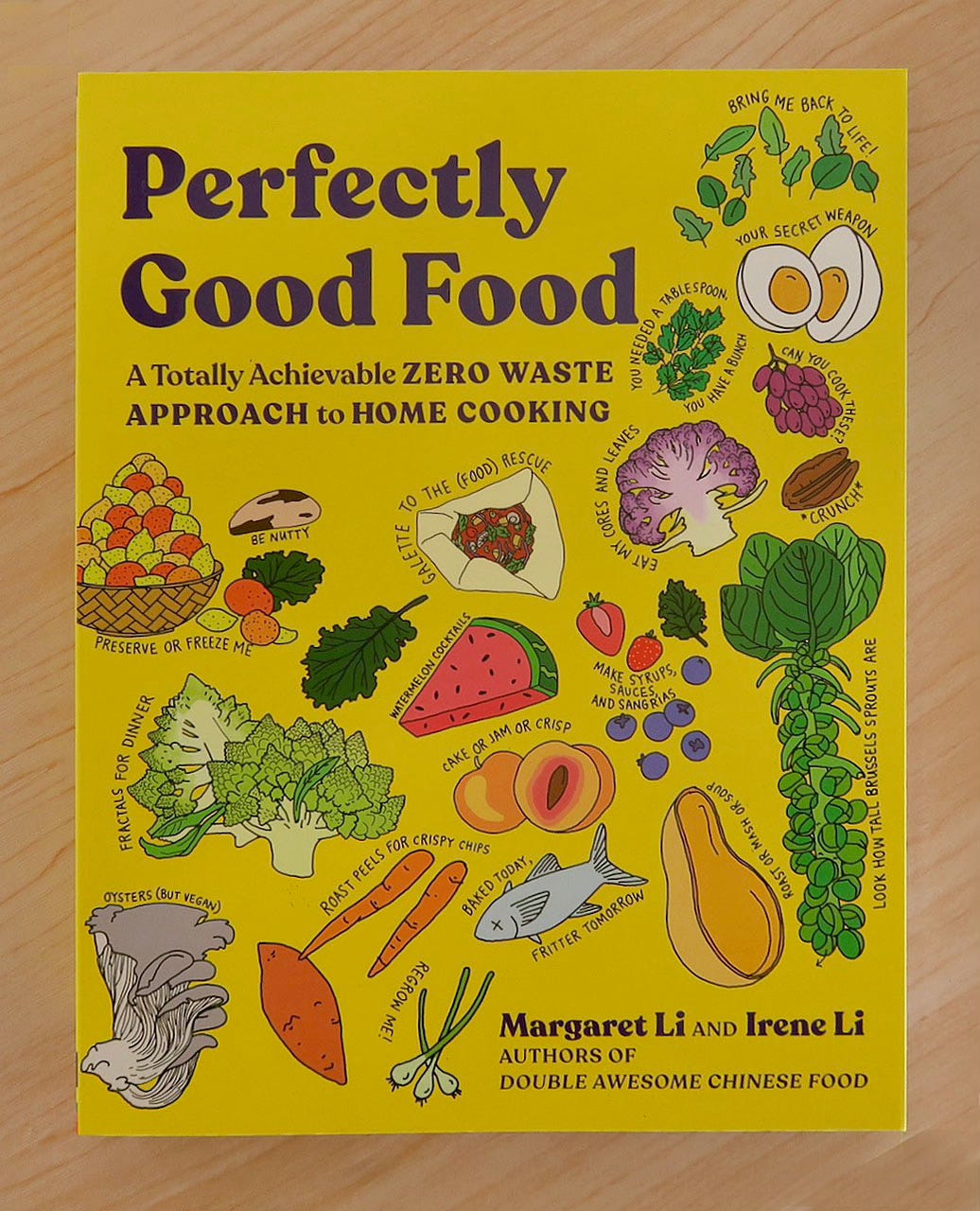
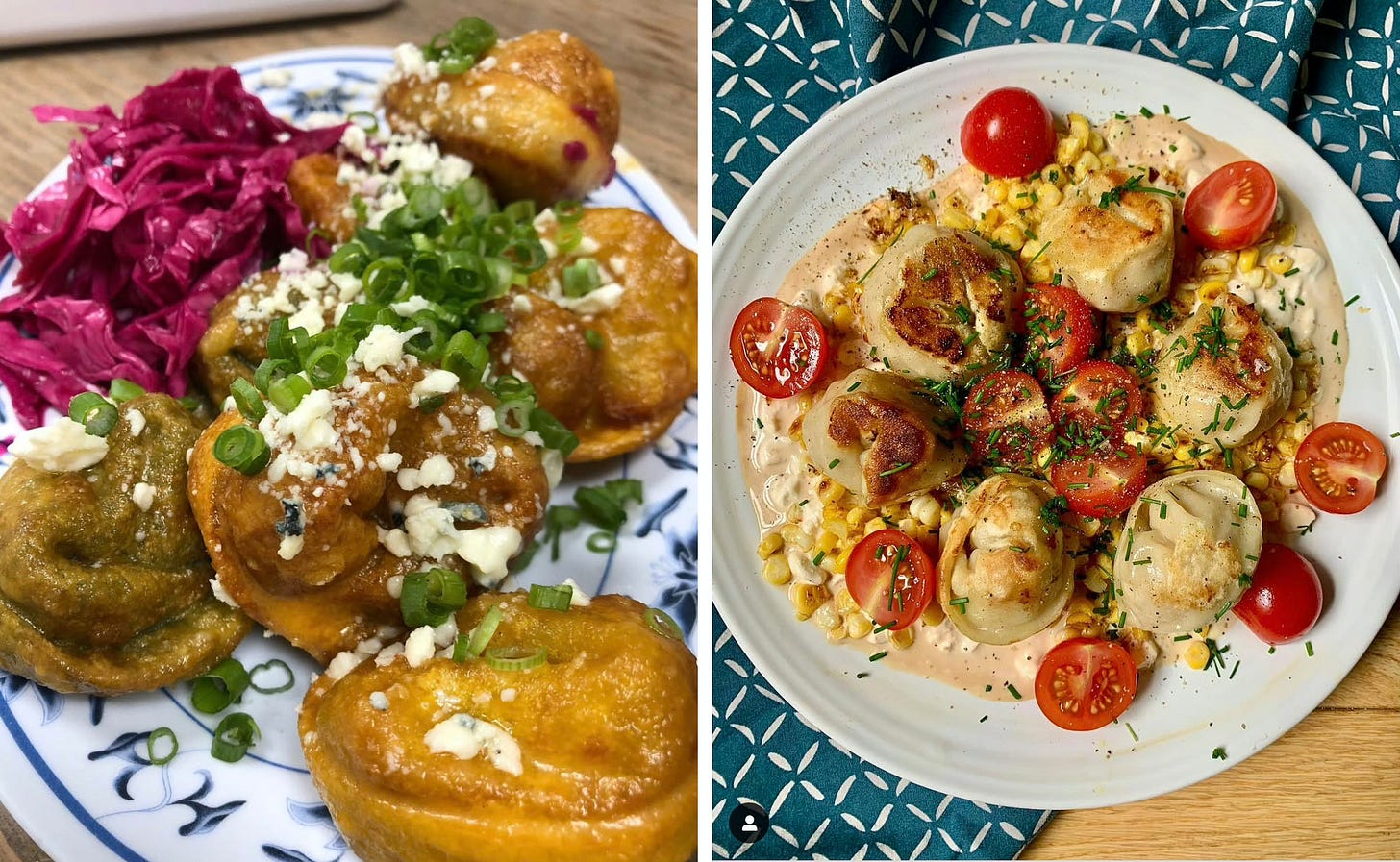
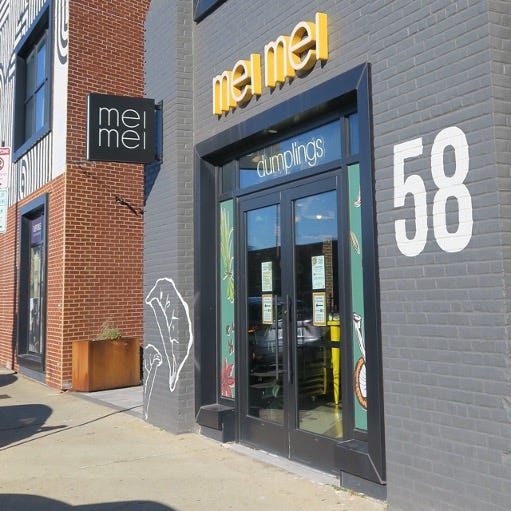

Really Awesome....my mouth is watering from the beautiful pictures and descriptions !
I'm always amazed at how a skill is turned into a successful business with many employees. Glad to know that the dumplings can be purchased online. Love the graphic on the wall featuring dumplings. Thanks, Amy.